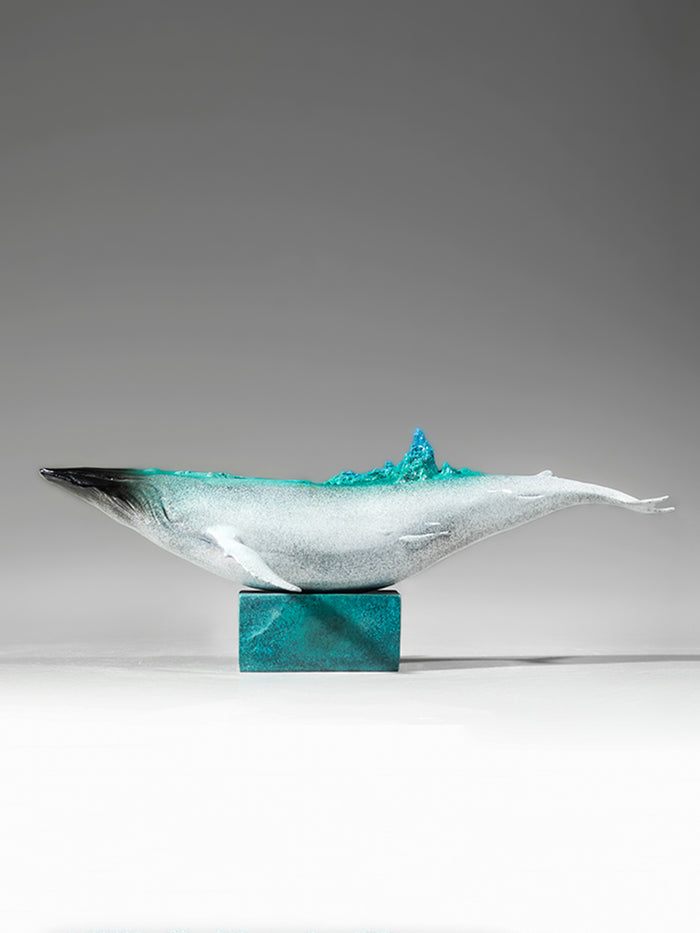
# Chinese Copper Decorations: A Timeless Fusion of Art and Culture
## The Rich Heritage of Chinese Copper Art
For centuries, Chinese artisans have transformed copper into breathtaking decorative pieces that embody the nation’s artistic spirit and cultural values. These exquisite creations represent more than mere ornamentation – they serve as tangible connections to China’s glorious past and enduring traditions.
## Historical Significance
The history of Chinese copper decorations dates back to the Bronze Age, when master craftsmen developed sophisticated metalworking techniques:
– Shang Dynasty (1600-1046 BCE): Early development of bronze ritual vessels
– Zhou Dynasty (1046-256 BCE): Refinement of casting methods and decorative motifs
Keyword: Chinese copper decorations
– Tang Dynasty (618-907 CE): Expansion of copper applications in daily life
– Ming (1368-1644) and Qing (1644-1912) Dynasties: Golden age of decorative copper arts
## Traditional Techniques and Styles
Chinese copper decorations showcase a remarkable variety of craftsmanship techniques passed down through generations:
### Repoussé and Chasing
Artisans hammer designs from the reverse side (repoussé) and refine details from the front (chasing) to create intricate relief patterns.
### Inlay Work
Skilled craftsmen incorporate materials like silver, gold, or gemstones into copper surfaces for contrasting visual effects.
### Enameling
The cloisonné technique involves creating compartments with thin copper wires and filling them with colored enamel pastes.
## Symbolism in Design
Every element in Chinese copper decorations carries profound meaning:
– Dragons: Represent imperial power and good fortune
– Phoenixes: Symbolize harmony and marital bliss
– Lotus flowers: Denote purity and spiritual enlightenment
– Cloud patterns: Signify celestial blessings
– Geometric designs: Often represent cosmic order
## Contemporary Applications
Modern designers continue to draw inspiration from traditional Chinese copper art:
### Home Decor
From elegant wall panels to sophisticated tableware, copper elements add warmth and cultural depth to interior spaces.
### Architectural Features
Contemporary buildings incorporate copper decorations in facades, doors, and ornamental details that pay homage to traditional designs.
### Jewelry Design
Artisans create stunning copper jewelry that blends ancient motifs with modern aesthetics.
## Preservation and Innovation
While traditional techniques remain valued, contemporary artists are finding new ways to keep the art form relevant:
– Combining copper with unconventional materials
– Creating abstract interpretations of classic motifs
– Developing eco-friendly production methods
– Collaborating with international designers
## Collecting Chinese Copper Decorations
For enthusiasts looking to start a collection:
– Research different historical periods and regional styles
– Examine patina and craftsmanship quality
– Consider both antique pieces and contemporary works
– Learn proper maintenance techniques for copper artifacts
Chinese copper decorations continue to captivate audiences worldwide, serving as beautiful reminders of China’s artistic legacy while evolving to meet modern tastes. These remarkable works demonstrate how traditional craftsmanship can remain vibrant and meaningful across centuries.